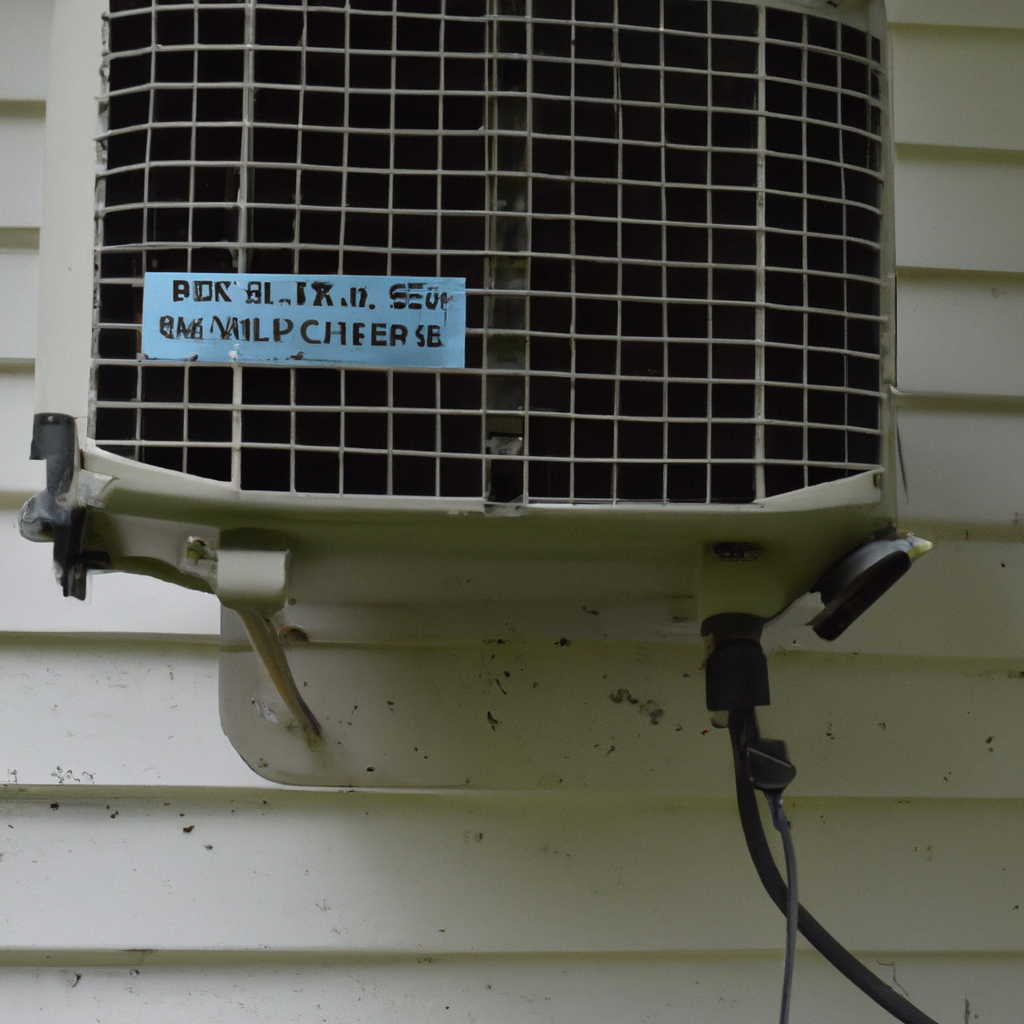If you’re wondering how long Freon lasts in an AC unit, then you’ve come to the right place. I’m a certified AC technician with years of experience dealing with Freon, and in this article I’ll provide all the information you need to know.
Freon is one of the most important components in an AC unit, as it helps keep your home cool and comfortable during hot summer months. However, it’s not an infinite resource, so understanding how long it lasts is essential when it comes to maintaining your AC unit.
That’s why I’m here to answer all your questions about Freon and its lifespan.
In this article, I’ll explain how Freon works, what affects its longevity in an AC unit, and what signs indicate that it needs to be replaced. By understanding all these factors, you can ensure that your AC unit is running optimally for many years to come!
Definition Of Freon
Freon is a gas used in air conditioning units. It’s an essential component, and it helps keep the unit running smoothly.
Freon is a trademarked name for a group of hydrochlorofluorocarbons (HCFCs) and hydrofluorocarbons (HFCs). These chemicals are used in refrigeration and air conditioning systems to transfer heat from one place to another.
In short, they help cool the air in an AC unit. They’re also non-toxic, non-flammable, and have low ozone depletion potential.
With all these advantages, Freon serves as the go-to choice for many AC units. Now that we know what Freon is, let’s look at its typical lifespan in an AC unit.

Typical Lifespan Of Freon In An Ac Unit
The typical lifespan of freon in an AC unit is around 10-15 years. This varies depending on the type and size of the AC unit, as well as how often it’s used.
While there are a few factors that can impact the lifespan of freon, it usually lasts between 10-15 years in a standard AC unit. It’s important to note that if your AC unit is older than 10 years, there’s a good chance that you may need to replace its freon at some point.
To be sure, it’s best to have your unit serviced by a certified technician to ensure everything is working properly and safely. Taking this precautionary measure can help extend the life of your AC unit and keep you from experiencing any unexpected issues down the line.
Moving forward, there are several factors that affect the lifespan of freon in an AC unit.
Factors That Impact The Lifespan Of Freon
The lifespan of freon in an AC unit can vary greatly depending on several factors. For example, the condensation level in the system, temperature range, pressure levels, filter efficiency, and gas leakage all play a role in how long the freon will last.
If the condensation levels are too high, or if the temperature range is not within normal limits for optimal operation of the AC unit, then it’s likely that the freon won’t last as long as it should. Likewise, if the pressure levels are too low or too high in comparison to manufacturer specifications then freon leakage may occur more quickly than anticipated.
Additionally, having a dirty filter can reduce efficiency and cause premature failure of components due to overheating. Finally, any gas leaks that are present in the system will lead to a rapid decrease in refrigerant levels.
Taking these factors into account is important because they can have a huge impact on how long your AC unit’s freon lasts. Knowing this information can help you make decisions and implement strategies to extend its lifespan so that you get maximum performance from your AC unit.
Strategies To Extend The Lifespan Of Freon
When it comes to extending the life of freon in an AC unit, the best strategy is to be proactive. By having regular maintenance and repair services done on your system, you can detect any refrigerant leaks before they become a major issue.
Freon replacement costs can be expensive, so it’s important to identify and fix any issues early on. Additionally, a proper ac maintenance schedule should include checking for any signs of corrosion or blockages in the system.
It’s also important to use proper freon refill techniques when performing maintenance or refilling your system. If not done correctly, this can lead to poor performance and reduce the lifespan of your AC unit.
Using high-quality parts and following the manufacturer’s guidelines can help prevent any problems with your system and ensure that your freon lasts as long as possible.
Conclusion
In conclusion, it’s important to understand that Freon does not last forever in an AC unit. It’s typically expected to last between 5 and 15 years, but this can vary depending on several factors.
To maximize the lifespan of your Freon, it’s important to properly maintain your AC unit. This includes regularly changing your air filter and having it serviced by a professional technician at least once a year.
With proper maintenance, you can ensure that your Freon lasts as long as possible and that your AC unit runs efficiently for many years to come. I hope this article has been helpful in understanding how long Freon can last in an AC unit and how to extend its lifespan.




